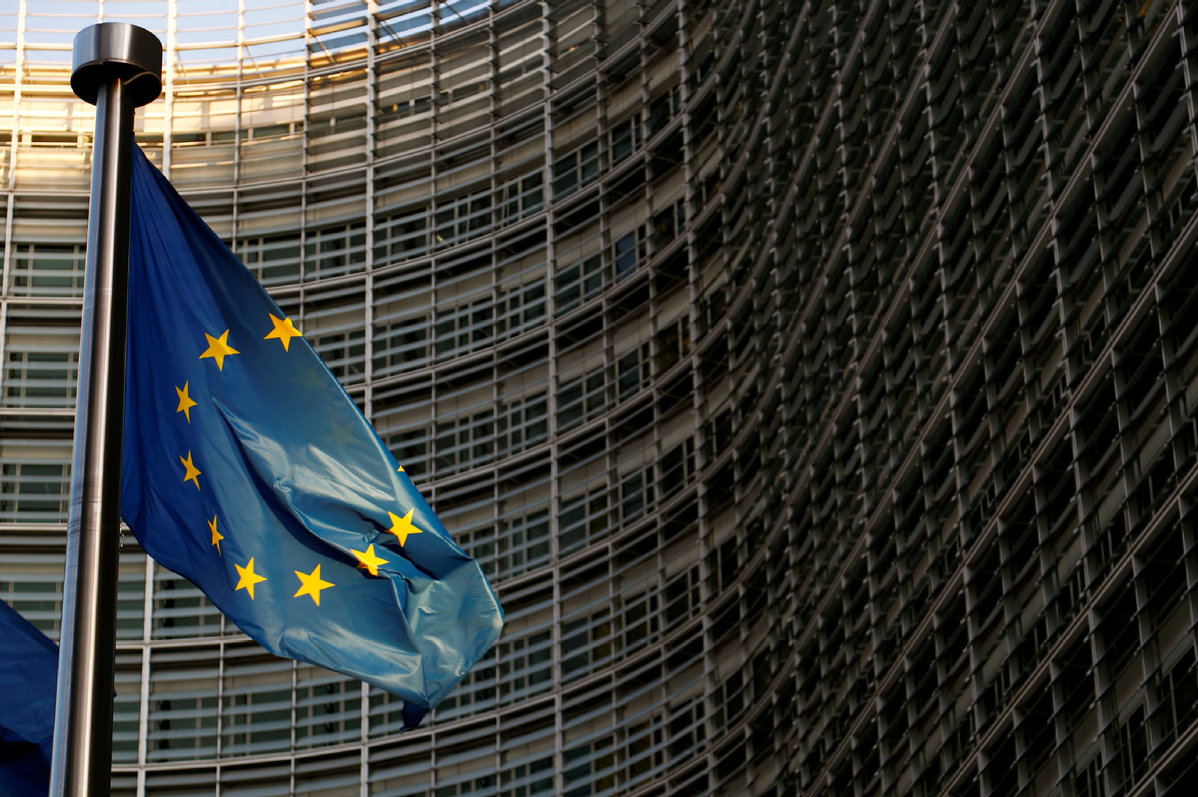United army remains just a dream for the EU


German Chancellor Angela Merkel has supported French President Emmanuel Macron Merkel's idea that a unified European military for the protection of Europeans without outside assistance is very important.
However, Federica Mogherini, high representative of the European Union for Foreign Affairs and Security Policy, said the EU is not and will never be a military alliance.
The contrast in the statements of Merkel and Macron and that of Mogherini reflects the lack of coordination within the EU in security matters and casts a shadow on the future of the EU's common security.
The EU for long has dreamed of building a united security force. But Brussels prefers to strike the right balance between external and internal disputes, instead of building a united military.
The North Atlantic Treaty Organization backed by the United States and the United Kingdom represents the strong external pressure against a united European military force. Although many EU member countries believe NATO enhances US influence in Europe, the UK sees itself as an important mediator between Washington and Brussels. When the idea of a European military was first discussed in the 1990s, it was rejected due to the strong opposition from the US and the UK, which emphasized that "NATO is enough" to protect Europe. Only the European rapid reaction force was allowed to conduct small-scale missions.
Around 2015 when Europe faced some serious security problems, the issue of a united European military was raised again, with Brexit and the declining trust between the US and the EU creating more room for discussion on the issue.
But despite France and Germany promoting a united, independent European military, the EU hesitated to push ahead with the idea in order to avoid competition with NATO. The reason: it could further deteriorate US-EU relations.
Therefore, stressing that the EU will never be a military alliance, Morgherini said the EU was not formed to compete with NATO. And European Commission President Jean-Claude Juncker stressed a European military, at best, could act as a complementary force to NATO, instead of a competitor.
As a matter of fact, EU member countries have disagreements on a common European defense force. Stronger countries such as France and Germany seek strategic independence and therefore want an independent EU military to protect Europe. But other EU member states can hardly keep up with France and Germany due to the differences in their strategies, interests and capabilities. For example, Middle and Eastern Europe countries rely more on NATO to deal with Russia, their "real security threat", than a new, "inexperienced" European military. That's why the Polish government asked the US to establish a permanent military base on Poland's soil in a bid to counter Russian "aggression" in May.
Besides, for some Southern European countries, economic development is more important than a united EU military. If EU countries' disagreements on security issues increase, the EU's pursuit of a common defense force will hit a roadblock. No wonder Mogherini described the EU as a regional and global security facilitator.
In a world where the US seems intent on hurting even its traditional allies, the EU is seeking to pursue strategic independence with comprehensive strength in the long term. So can its members' pursuit of a united European security force advance without facing obstacles?
The EU common security has some foundations of capital, systemic and security mechanisms. But pressure from NATO, non-traditional security threats, and the lack of its members' interest in a common security force will continue to bother the bloc, and make it even more difficult for the EU to build a common European military.
The author is director of the Department for European Studies at the China Institute of International Studies.
































